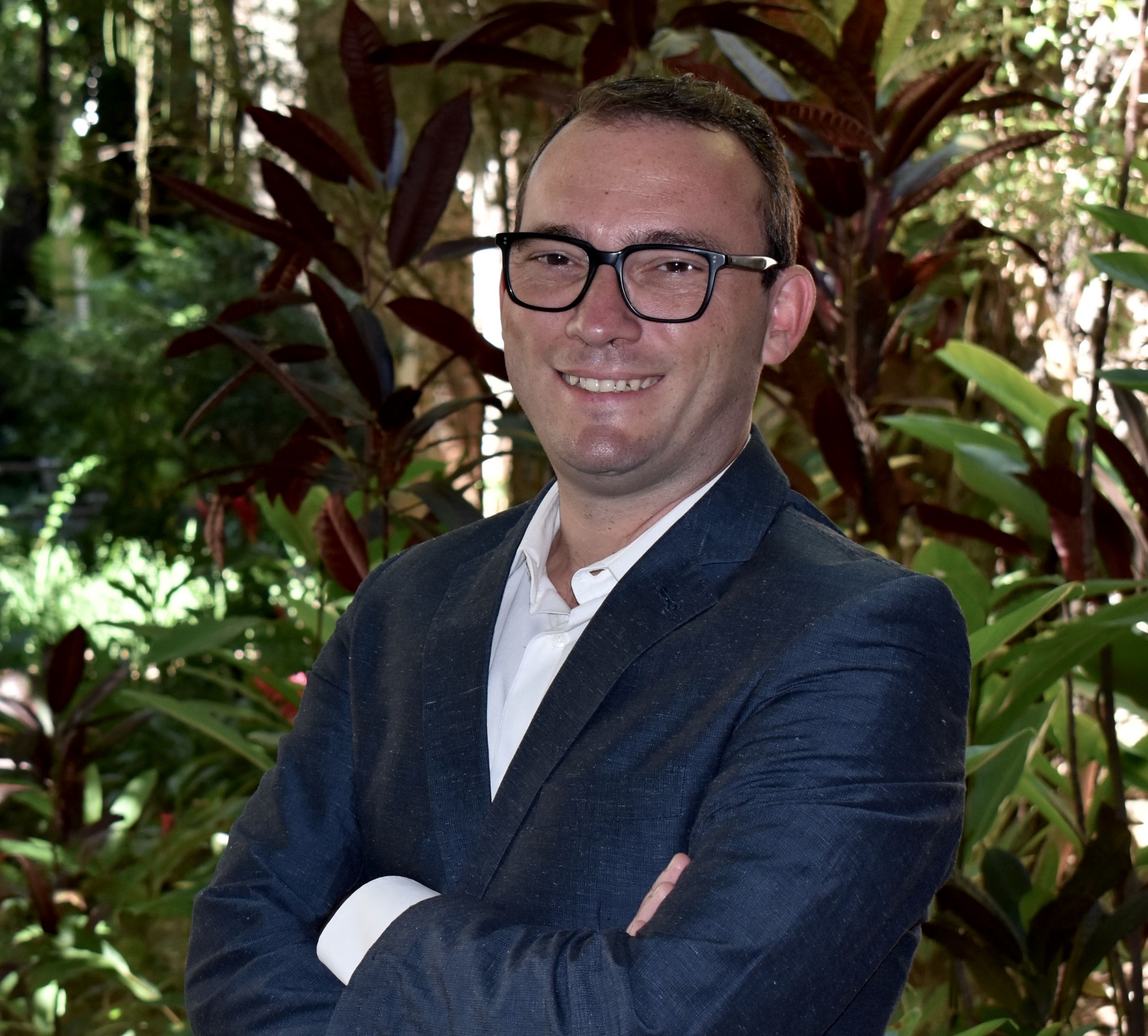CLAF has two administrative bodies: the General Assembly and the Board of Directors.
The General Assembly (GA) is the Center's highest body and meets every two years. It is composed of representatives of the governments of the Center's Member Countries, each with the right to one vote, and a representative of UNESCO, without the right to vote.
The Board of Directors (BD), elected by the GA, consists of ten members of different nationalities: three from Mexico, Central America, and the Caribbean; three from Bolivia, Colombia, Ecuador, Peru, and Venezuela; and four from Argentina, Brazil, Chile, Paraguay, and Uruguay. Each board member has an alternate. The BD meets annually to analyze and develop the Center's program and budget and, every two years, presents them to the GA for formal approval. The BD is responsible for electing the Director of CLAF, who has a four-year term.
Currently, in addition to the Director, the Center has an academic secretary, an administrative secretary, a director's secretary, and a person responsible for the documentation sector. The Director, so far, has always been a physicist, and part of the administrative staff is seconded to CLAF by the Brazilian Center for Physics Research (CBPF) of the Ministry of Science, Technology, Innovation, and Communications (MCTIC).
The Directors of CLAF have been: Gabriel E. A. Fialho (from 1962 to 1968), Roberto Bastos da Costa (from 1969 to 1985), Juan José Giambiagi (from 1986 to 1993), Carlos Alberto Aragão de Carvalho Filho (from 1994 to 1998), Luis Masperi (from 1998 to 2003), Feliciano Sanchez Sinencio (from 2004 to 2012), Carlos Luis Trallero-Giner (from 2012 to 2020), and Luis Huerta Torchio (from 2020 to 2024).
=================================================================================================
Ulisses Barres de Almeida (2025 - )
Elected director of CLAF in 2024, Ulisses Barres envisions positioning CLAF at the center of the challenges for the development of Latin American physics in the 21st century.
In this spirit, the director is promoting several projects for the development of research in physics, through new initiatives for cooperation with Latin American and international institutions, as well as actions that promote physics education, such as the return of the "Latin American School of Physics," while maintaining a special focus on the inclusion of women in physics and on the less developed countries in the region. Another priority is to strengthen CLAF's role as an instrument of scientific policy and diplomacy for the promotion of regional development through integration and cooperation actions on strategic issues.
With a bachelor's degree in Physics from the University of São Paulo, Ulisses Barres obtained his doctorate from the University of Durham in England, having worked as a research assistant at the Max-Planck Institute for Physics in Munich (Germany). An active researcher in the field of Astroparticle Physics, he developed his scientific career at the Brazilian Center for Physics Research (CBPF), where he is a Senior Researcher, having made pioneering contributions to the development of Gamma-Ray Astronomy in Brazil.
As the South American spokesperson for the SWGO Collaboration, he is strongly involved in the construction of what will be one of the world's leading gamma-ray astronomical observatories, located in the Andes. He also actively contributed to Brazilian participation in the Cherenkov Telescope Array Observatory (CTAO), serving as the Brazilian delegate on the CTAO ERIC Council.
Ulisses Barres is committed to re-positioning CLAF as one of the main platforms for cooperation in physics in Latin America, with effective regional integration and cooperation actions, and as an agent for the development of physics, in collaboration with governments and the main institutional actors in the region, for the benefit of all.

Ulisses Barres de Almeida
Senior Researcher
Centro Brasileiro de Pesquisas Físicas (CBPF)
Tel.: +55 (21) 2141-7267
ulisses@cbpf.br
=================================================================================================